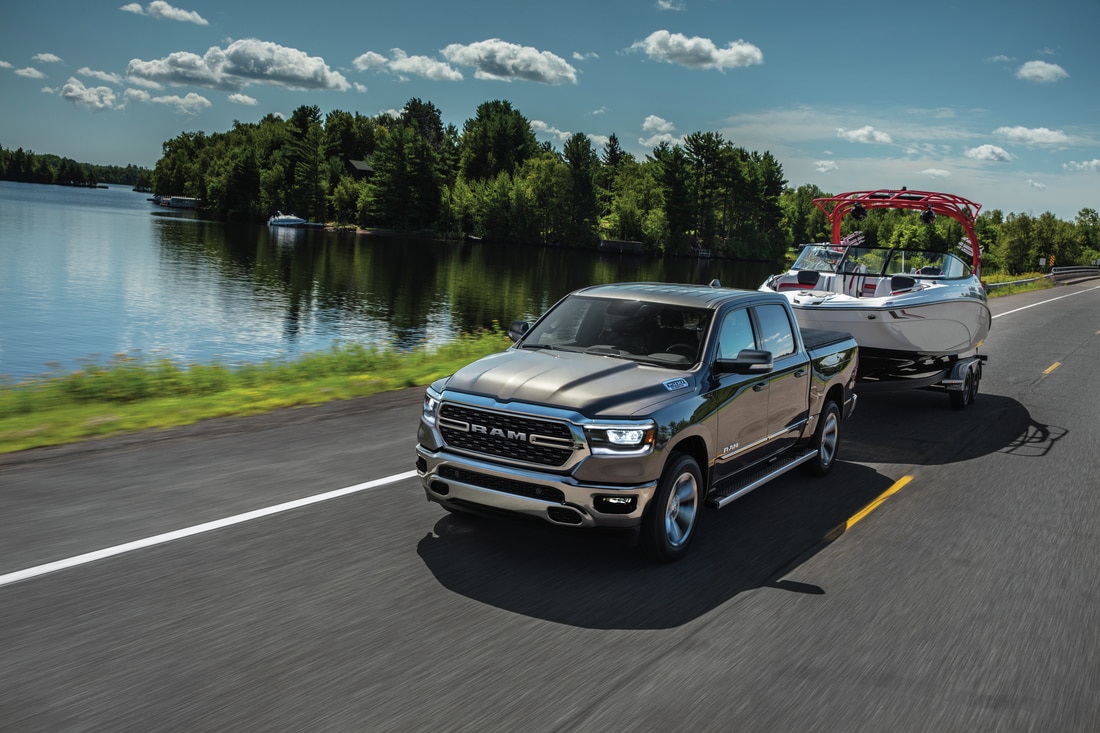
When you're shopping for a new vehicle here at Hall Chrysler Dodge Jeep® RAM of Virginia Beach, you might notice that some of our models are available with gas or diesel engine options. Both of these engines use fossil fuels, but when you pit gas vs diesel you'll notice that there are a few major differences between these kinds of engines.
How Gas and Diesel Engines Differ
Gas engines are probably the most common engine option out there. They use gasoline, obviously, and can vary greatly in size and efficiency. There are small, turbocharged engines that make the most out of every gallon of gas, and then there are larger, more powerful V8 engines meant to deliver extreme performance.
Diesel engines use diesel fuel and are generally more fuel-efficient than a comparable gasoline engine would be. They are also often designed to deliver impressive torque ratings, which can be ideal for trucks that need to tow and SUVs that love to go off-road.
Some Engine Examples
If you really want to compare diesel and gasoline engines, take a look at a model like the 2022 RAM 1500. This rugged RAM truck is available with a variety of engines, including one diesel engine.
One popular engine choice is the 3.6-liter Pentastar® V6 engine, a gasoline-powered option. It has an output of 269 lb-ft of torque and gives your truck a max towing capacity of 7,730 pounds.
The 3.0-liter EcoDiesel V6 engine is smaller, but it actually produces 480 lb-ft of torque. That allows the RAM 1500 to tow up to 12,560 pounds. The only gasoline engine that's comparable is the much larger 5.7-liter HEMI® V8 engine that allows you to tow 12,750 pounds, with significantly reduced fuel efficiency.
So, if you're trying to get a good mix of towing power and efficiency, a diesel engine might be your best option. If you need something else from your new car, talk to our RAM dealers in Virginia Beach and we'll help you learn more about these engine options and what they have to offer.